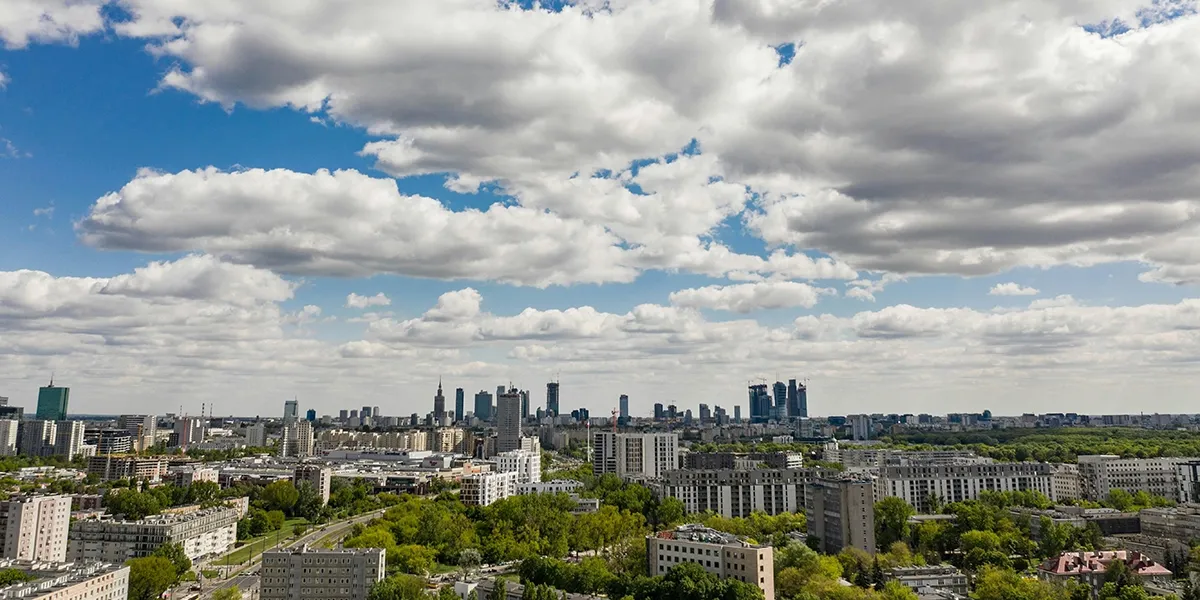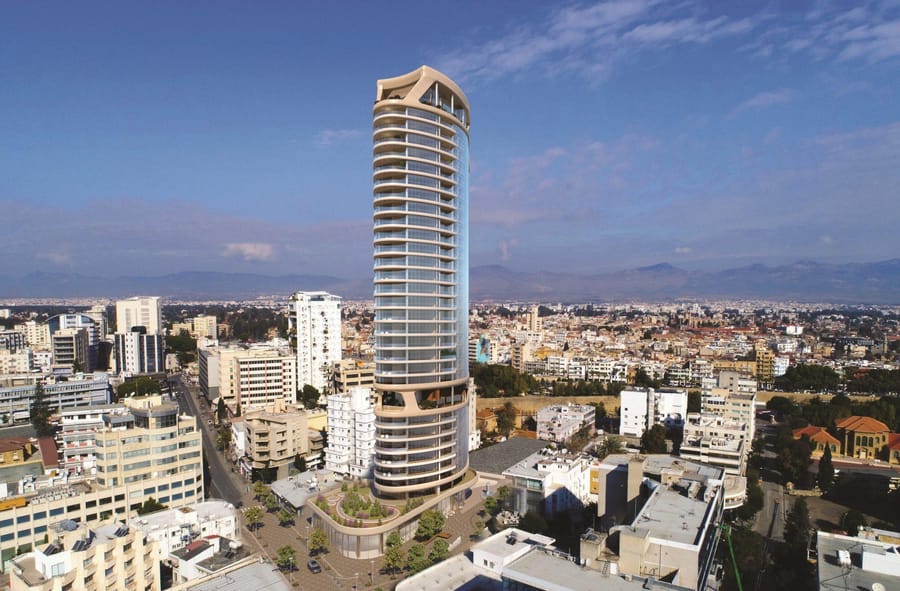Europe’s housing market is under pressure, and this time, migration is the reason. In 2024, 800,000 Ukrainians and 300,000 Belarusians moved to Poland. Warsaw sounds more multilingual than ever! The UK saw 728,000 migrants arrive in just one year. Millions of people cross European borders — for work, education, or as refugees — and they all need a place to live.
Rents are skyrocketing in big cities, while there’s a catastrophic housing shortage elsewhere. Governments are still trying to figure out how to fix it. But what exactly is happening, and where is the impact felt the most?
Migration and Housing Demand: A Tightening Market

Let’s imagine a city with 100,000 people and 100,000 houses for all inhabitants. And now this city has 20,000 more inhabitants since no new homes have been built. The prices will rise, demand will overtake supply, and competition will be the outcome. That’s what is happening across most of Europe, especially in countries that experience heavy migration.
With more people coming and look for homes means:
- Rising Prices: As competition for a limited number of homes rises, so does cost.
- Shortage of Homes: More homes must be built, or rents paid will gobble up an ever-larger share of the budget.
- Policy Issues: Governments must decide whether to increase the number of homes built, introduce rent control, or support the renter.
Country Spotlights: Where Migration Has the Biggest Impact
Let’s explore the housing markets in European countries with the highest levels of migration.
Germany: The Housing Squeeze

Germany has one of the highest migration rates in Europe, with over a million new arrivals in recent years. Berlin, Munich, and Frankfurt rents are skyrocketing, and there are long waiting lists for apartments.
- Rent Increase: Rents in Berlin have surged by 30% in the last five years due to demand.
- Housing Shortage: Berlin alone needs over 200,000 new apartments to keep up.
- Government Action: The German government has attempted rent caps, but these haven’t fully solved the issue.
United Kingdom: A Crowded Market

London and other UK cities attract thousands of migrants yearly, but strict housing policies and a lack of affordable housing have led to:
- House Prices Soaring: The average house price in London is now £550,000, far out of reach for many.
- Rental Pressures: High demand means landlords can charge more, increasing rents.
- Regional Differences: In areas with fewer restrictions, like Manchester, house prices have risen more slowly.
France: Balancing Act in the Cities

Paris remains a top destination for migrants, but with limited space, housing has become a challenge:
- Rent Prices Rising: The average rent in Paris has climbed to €1,300 for a small apartment.
- Government Action: The French government has introduced stricter rent controls, but demand keeps increasing prices.
- Social Housing Waitlists: More people applying for government-supported housing means longer waits.
Spain: A Tale of Two Markets

Spain has seen high migration, but housing markets react differently depending on location:
- Big Cities (Madrid, Barcelona): Rents are climbing as demand rises.
- Smaller Towns: Some areas still have affordable housing, attracting remote workers and expats.
- Tourism vs. Migration: In cities like Barcelona, short-term tourist rentals compete with long-term housing, making it harder for residents to find homes.
Italy: Housing Prices Holding Steady

While Italy has experienced an influx of migrants, its housing market remains relatively stable:
- Milan and Rome: Prices are high but have not risen as dramatically as in Germany or the UK.
- Southern Italy: In contrast, some towns have so many empty houses that they’re offering homes for €1 to attract new residents!
Sweden: A Different Housing Crisis
Sweden has welcomed large numbers of migrants, but its housing market faces different issues:
- Not Enough Affordable Housing: Government-subsidized rental properties have long waiting lists.
- Homeownership Difficulties: Strict lending rules make it hard for newcomers to buy homes.
- Urban vs. Rural Divide: Stockholm faces skyrocketing rents, while rural areas struggle to attract residents.
Cyprus: A Small Island, Big Demand

Cyprus has become a hotspot for expats and migrants, increasing housing demand:
- Property Prices Rising: House prices in cities like Nicosia and Limassol have increased by 15% in the last two years.
- Foreign Investment: Many migrants and investors buy properties for residency permits, pushing prices even higher.
- Rental Market Tightening: More demand has led to a 20% rise in rental prices across the island.
If you're exploring your options, check out apartments for rent in Limassol — one of the most sought-after destinations in Cyprus right now.
Buying vs. Renting: What’s the Smart Choice?
For many migrants, renting is the first step before buying, but is it the better option? Let’s compare and decide about renting and buying:
With rising interest rates, homeownership is becoming harder, keeping more people in the rental market, which pushes rents even higher. It’s a tough cycle to break.
How Countries Are Responding to the Housing Crunch

Governments across Europe are trying different solutions:
- Germany: Building more affordable apartments and controlling rent increases.
- France: Strengthening rent control laws in major cities.
- Spain: Limiting short-term vacation rentals to free up housing for locals.
- UK: Encouraging development outside London to ease demand in the capital.
- Cyprus: Reviewing residency-by-investment policies to manage the real estate boom.
The Future of Housing in a Migrating Europe
As migration continues, Europe’s housing market will need to evolve. Countries that build more housing, regulate rents, and create fair policies will better handle the demand. Investors looking for long-term growth might consider land plots in Cyprus, especially in underdeveloped yet promising areas. But without action, the gap between those who can afford a home and those who can’t will only grow.
The big question: Will Europe rise to the challenge and ensure there are enough “chairs” when the music stops? One thing is clear — housing and migration will remain a hot topic for years.






